Being out in your boat after dark out can present some unique challenges. If you planned the nighttime outing, you may be ready for those challenges. But even the most responsible boater can spend too long soaking up a summer afternoon or underestimate how long it will take to get back to shore. Intentional or not, if you find yourself out on the water at night, these tips and gear recommendations from Charles Fort, associate editor of BoatUS Magazine, can help ensure that you make it back to the marina safely.
What To Pack For Boating At Night
Safety Gear
By law, you must carry a full arsenal of safety gear, no matter the time of day. This includes life jackets, flares and sound signaling devices (like a compressed air horn). Also, keep a few glowsticks around and have each of your crew carry one. It’s much easier to find someone who falls overboard if they have a light.
Communication Devices
Carry your cell phone in case you need to call and tell someone you’ll be late; just be aware that it may not work out on the water. You should also have a portable VHF (aka a marine band radio) and extra batteries if you need to radio for help and can’t get cell phone reception.
A Navigational Device
“It’s a lot more difficult to find your way home in open water when it’s dark,” Fort says. “Things just don’t look the same.” A chart plotter or GPS can help you navigate.
A Spotlight
Your navigation lights need to be on and you should be looking for other boats’ navigation and anchor lights; having a strong spotlight as well can help a fast-moving boat see you better in an emergency. (It will also help you dock once you’re in the marina.) Just don’t shine it directly at any other skippers, which could temporarily blind them.
Warm Clothes
Even if it’s temperate during the day, nights on the water can get chilly quickly. Pack a jacket and other warm clothes for everyone on board, just in case.
An Anchor
If you end up needing to spend the night on the water, you’ll be glad you have an anchor, anchor light and anchor rode (line). You’ll also want to make sure you practice anchoring in the daylight, as the process can be much trickier after dark.
What To Do When Boating At Night
Take It Slow
The first rule of boating after dusk is to slow down. Hazards in the water—like exposed rocks, logs, unlit docks and pilings—are harder to see in the dark; taking it slow will help you spot and avoid them.
Post A Lookout
Ask a passenger you trust to stand at the bow—with a life jacket on—in order to be your eyes and ears on the water and to keep an eye out for things like channel markers, navigational buoys and other boats.
Light It Up Right
Other boats will be looking for your navigation lights, so it’s important to turn those on at sunset. “The color of your navigation lights lets other boaters know if you’re anchored or moving, and in what direction,” says Fort, “so it’s very important to have those operational.”
Protect Your Vision
It’s crucial to preserve your night vision by avoiding white light after dark. A red LED headlamp works great, letting you clearly see charts and instruments without ruining your night vision. If you have a bright instrument console, dim the lights as much as possible and only look at it for short periods. (A towel draped over the console can work if the instruments won’t dim at all.) Also, be sure to turn off all unnecessary lights on your vessel to save your night vision and avoid confusing other boaters.
Minimize Noise
Moving slowly is not only safer; it also means less engine noise, so you’re more likely to hear things like another boat’s engine. Turn off any music and ask passengers to speak quietly so you can be more alert to what’s happening around you.
Stay Attuned
Be aware of background lights around you. What looks like a navigation aid, buoy or marker may actually be another boat or lights on shore.
Avoid Traffic
Stay out of shipping lanes and give bigger boats a wide berth. “Small boats won’t show up on a ship’s radar well,” Fort says. “Definitely give the big guys a lot of respect.”
Help Keep Passengers Safe
Ask everyone on your boat to don life jackets and stay near the center—or remain down below in the cabin or berth—so you can easily keep track of passengers and reduce the risk of anyone falling in the water. “Falling overboard at night is really dangerous,” Fort says. “It’s so much harder to find somebody, and people are more likely to get injured in the water at night as well.”
Request A Tow
Have a membership to TowBoatUS, so if you break down at night, you’ll have a way to get home.
Here’s another smart tip for any time of the day: boat insurance from GEICO. Get a quote now and see how much you could save!
Read More: The Complete Guide To Boat Maintenance
By Nicole Price Fasig

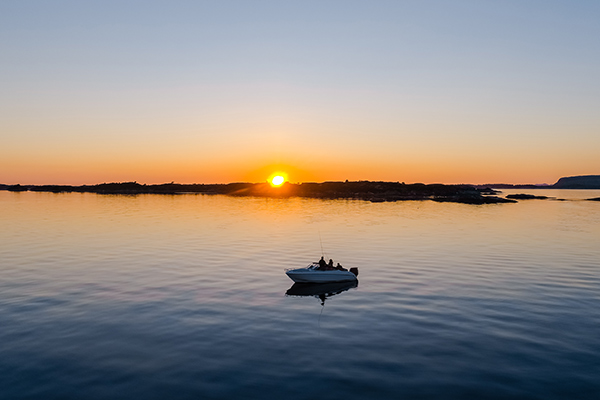



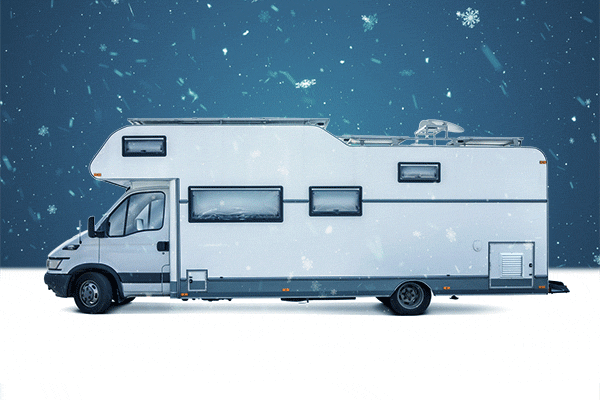
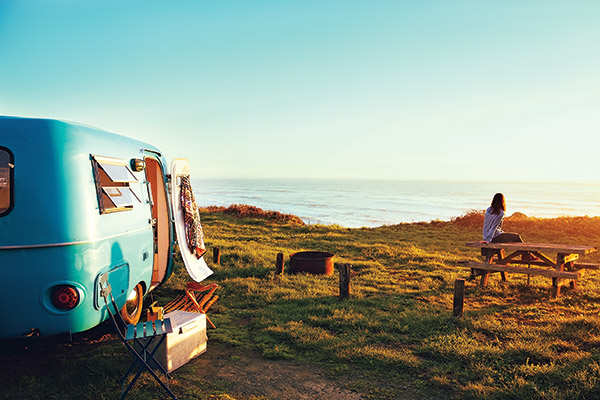
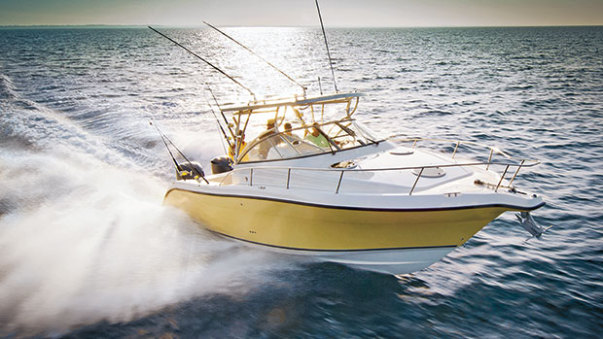

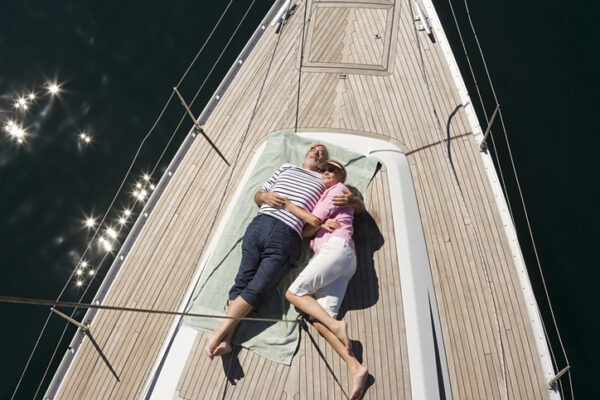

Leave a comment